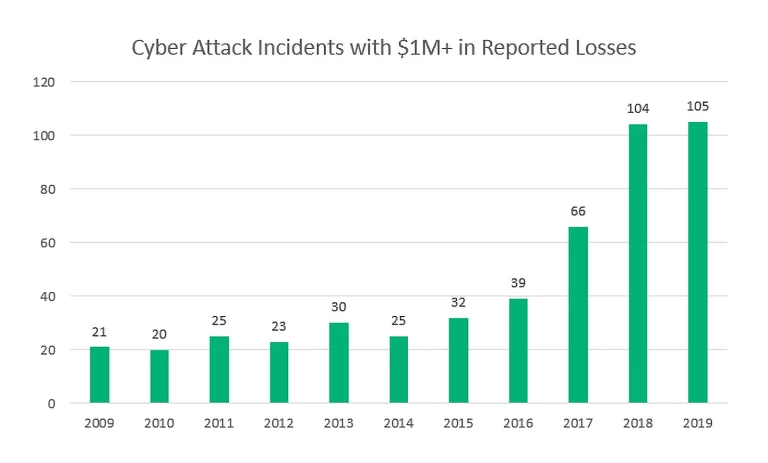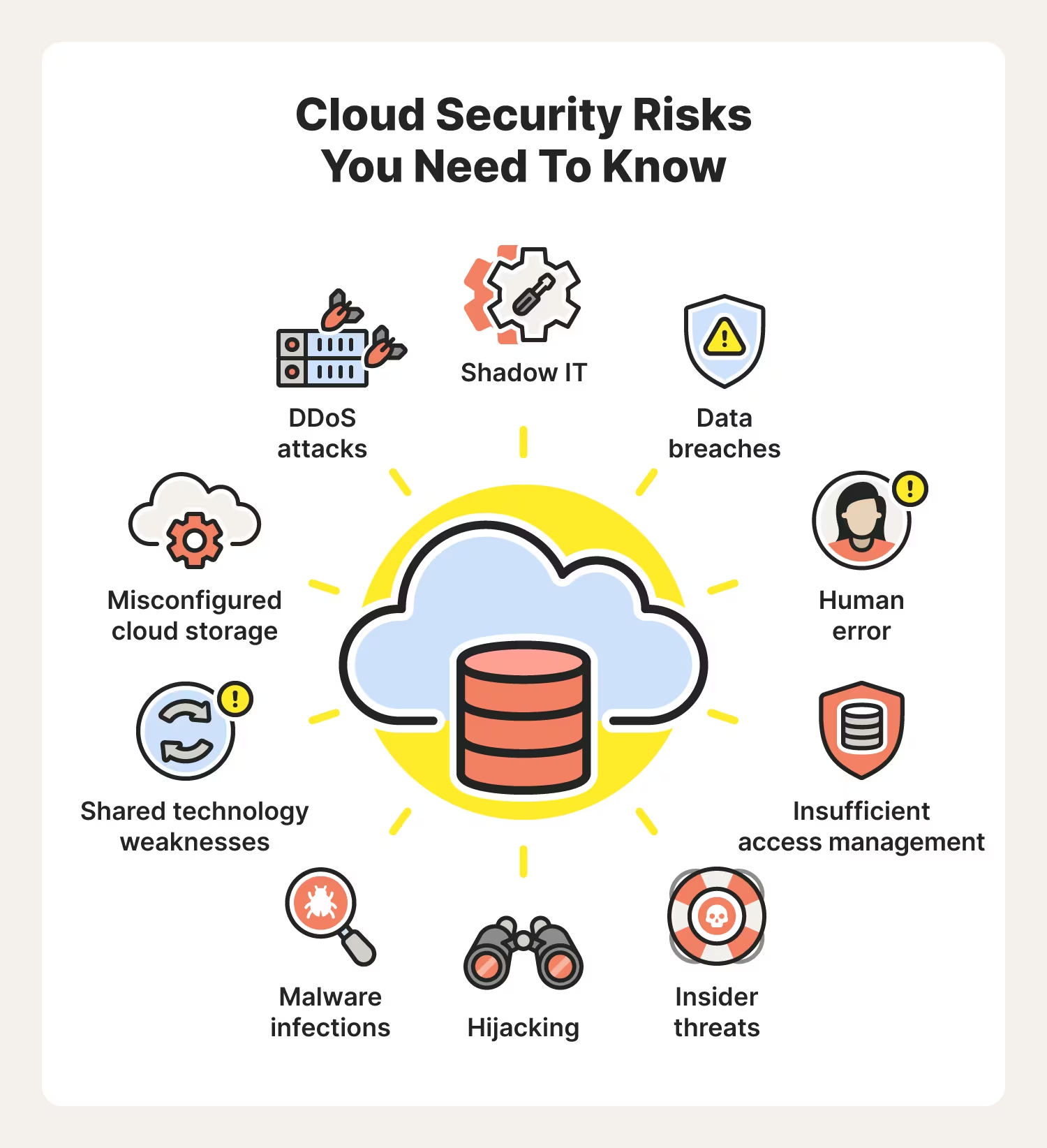Are Cloud Services a Good Fit for Your Application Management?
We know that cloud computing offers an array of significant benefits, but is it suitable for maintaining, enhancing, and managing your critical applications? There are several factors to consider when deciding whether cloud services are a good fit for your application management.
Security Concerns
One of the biggest barriers that stops organizations from utilizing cloud services for application management is security. Cloud computing can entail a number of security risks, including:
- Misconfiguration
- Unauthorized access
- Insecure interfaces/APIs
- Hijacking of accounts
- Lack of visibility
- Malicious insiders
- Cyberattacks
- Denial of service attacks
With these risks in mind, you may think that relying on the cloud for managing your critical applications isn’t a wise decision. However, you can minimize these risks through a cloud security strategy, which many organizations implement, allowing them to handle their applications in the cloud without any serious incidents arising.
And if any security incidents do occur, a mitigation strategy can ensure that critical applications aren’t compromised.
Having said all this, cloud services will only be a good fit for your application management if you are willing (and able) to properly invest in a cloud security strategy, which must include having IT professionals on board who are experienced and knowledgeable in this area. Otherwise, you’ll be exposing yourself to a greater number—and severity—of cyber threats.
Scalability
Scalability is an important part of architecting a web application. And this ability to increase or decrease resources to meet changes in demand is what cloud services do best. If you expect (or intend) for your business to grow in size and attract more customers and users, then you need to make sure that you have the infrastructure in place to accommodate these changes.
Cloud computing is an effective way to scale up any web applications you have, especially since dynamic cloud infrastructure means that applications will only use the resources they need at any given moment in time.
Reliability
Another major benefit of cloud services for application management is reliability. When you access an application in the cloud, you can reasonably expect that:
- The app is up and running
- You can access what you need from any device, at any time, and from any location
- There will be no interruption or downtime
- Your connection is secure
- You will be able to perform the tasks you need to get the job done
Of course, no system is 100% reliable all of the time.
Security incidents are one way that application management can be interrupted. Server downtime, software failure, user errors, and other unexpected incidents can be factors too. Nonetheless, proper planning and cloud visualization can help you address faults quickly. With these strategies in place, cloud services can offer you a high degree of reliability when managing your applications.
Keep in mind, however, that not all cloud services are created equal. Some are more reliable than others, particularly in terms of support offered. If you plan to manage critical applications on the cloud, then you need to ensure that you choose a cloud provider that will offer quality support 24/7. You can’t risk being left in the dark when you need to get back up and running as quickly as possible.
Cost-effectiveness
While moving to the cloud to carry out application management can seem like an expensive investment, it’s often actually the more cost-effective choice in the long run.
In many cases, cloud service providers can offer faster access to additional computing resources than individual enterprises have. Moreover, these providers can elastically scale computing resources more efficiently. These improvements in efficiency can save you money in the long-term, making any initial investments in the cloud service worth it.
If you feel you need additional computing resources for your application management but want to make sure you don’t waste resources, then cloud services are worth considering.
The Type of Cloud Service You Use Matters
Cloud is not a one-size-fits-all solution. Some applications are a good fit for the public cloud, whereas others are better suited for a private cloud. Application management can, in some cases, benefit most from a hybrid solution, but you also need to be aware of applications that shouldn’t or can’t be moved to the cloud at all.
You need to make sure your applications are cloud-ready to begin with. Many legacy applications weren’t written with portability or virtualization in mind, and they might be tied to specific environments that can’t be replicated in the cloud. For instance, some applications may run on older operating systems, require out-of-date drivers, use legacy databases, or lack proper security. Many financial services trading applications face these issues. Also, some regulations and industry practices may mean that public clouds are not yet a suitable choice for a subset of applications.
Cloud services vary (often significantly) from one provider to another, each with different service-level agreements (SLAs) and capabilities.
When evaluating whether a specific application and its management are suitable for the cloud, some factors to consider are:
- Redundancy
- The application’s ability to migrate
- Performance
- Security
- Cost (which should include an analysis of the cost of hosting applications in-house versus using cloud services)
When trying to figure out which cloud service provider to choose, you should find out if the provider can provide the SLA the application needs, enable dynamic scaling of computing nodes when required, and handle complex tiered applications.
Once you have addressed all of the above areas of concern, you will know if moving application management to the cloud will provide you with a significant, overall benefit. Many organizations of all sizes, nevertheless, find that opting for a cloud service—at least in some capacity, like with a hybrid solution—is a worthwhile investment.
Cyberlocke is a comprehensive, full-service IT services provider that architects and implements efficient and secure solutions for enterprise customers and their data centers. We specialize in security, cloud, managed services, and infrastructure consulting. Contact Us today to learn more.


